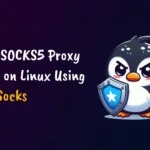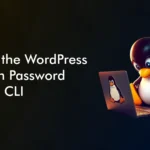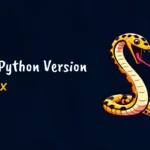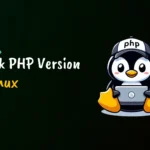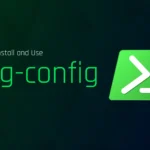Tokei: Quickly Count Different Metrics in Your Codebase
Once you have completed your assignment on a big software project (with or without a team), have you ever thought about how much code in different programming languages has been used in the project? If the project is hosted on GitHub, you might catch a

